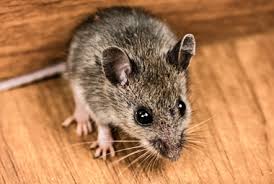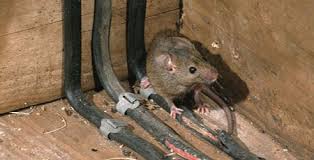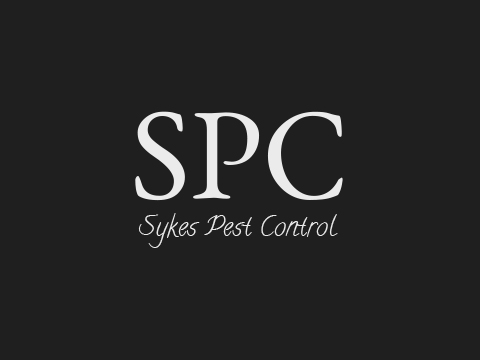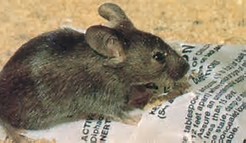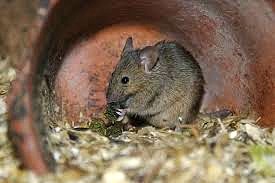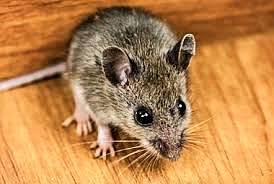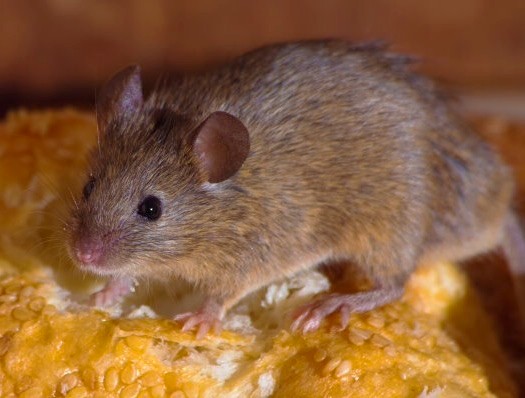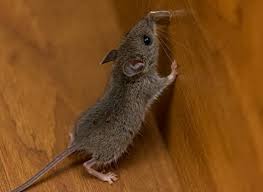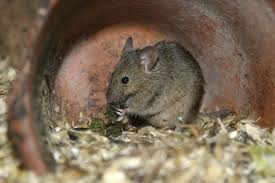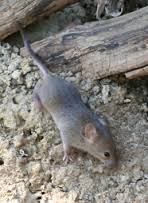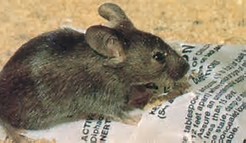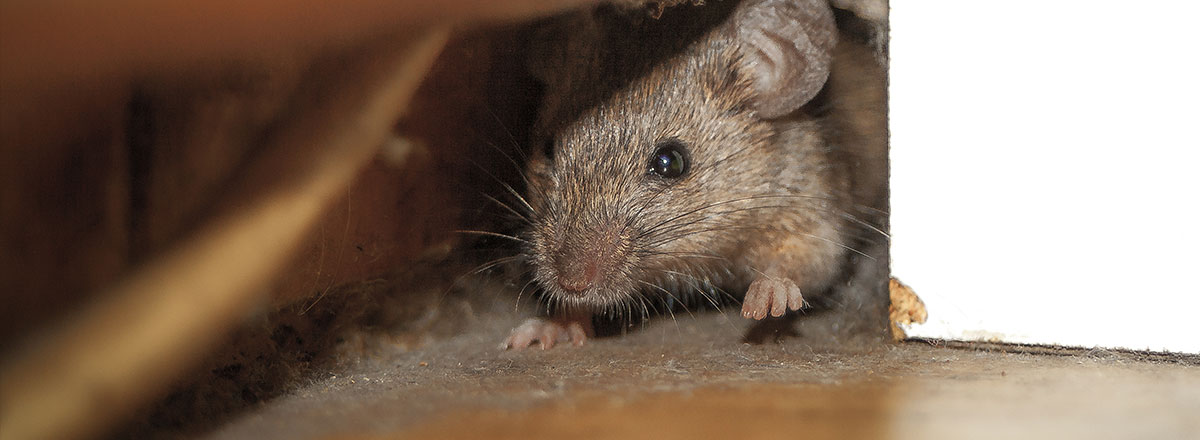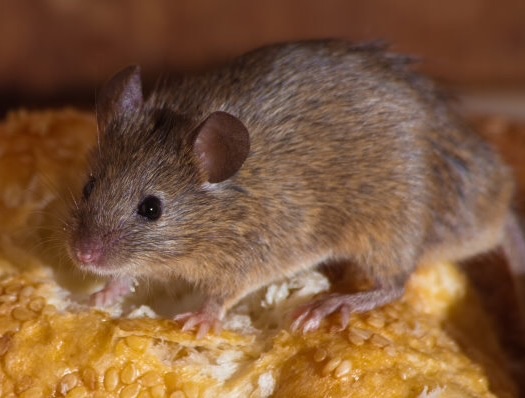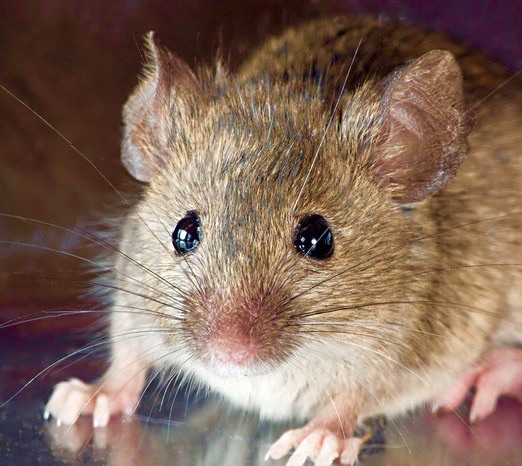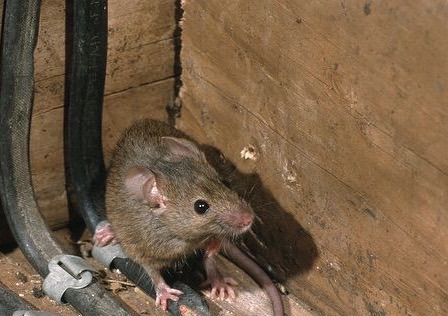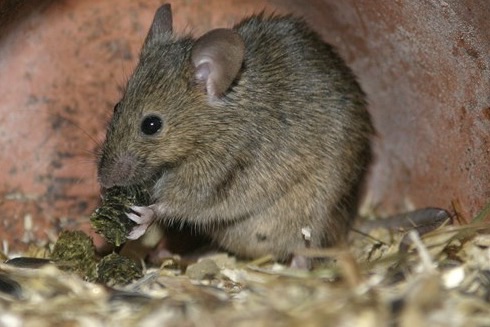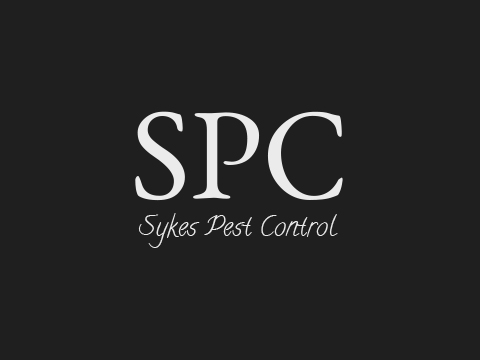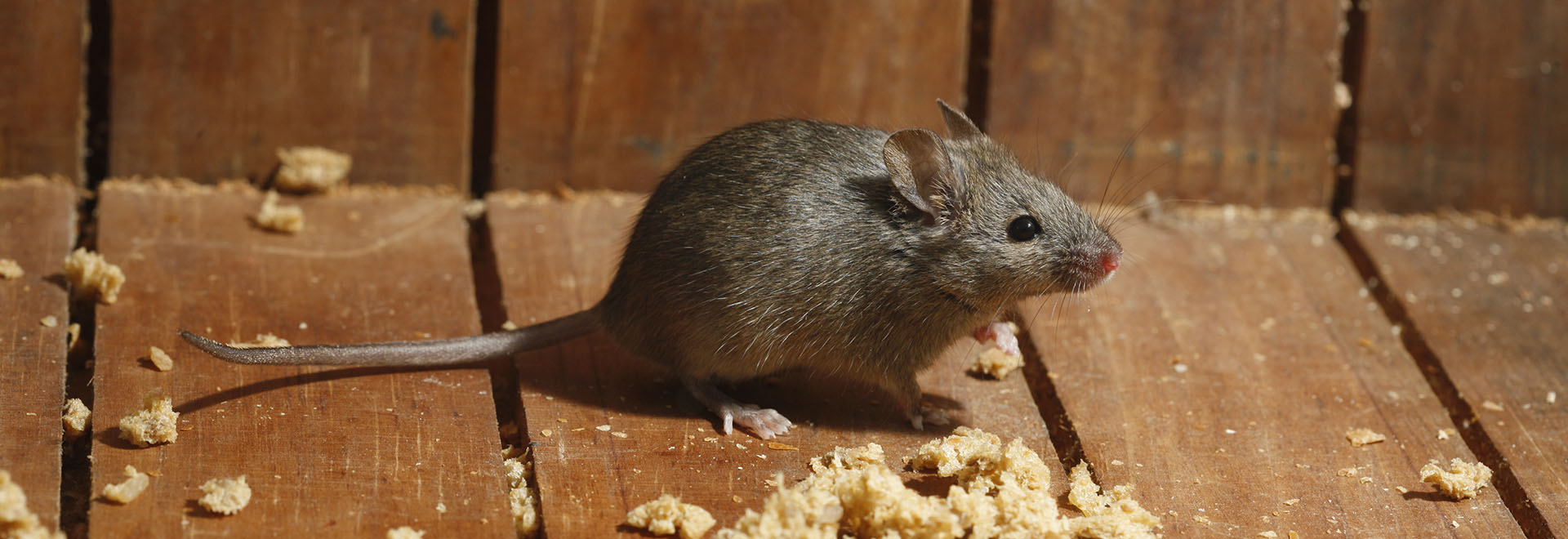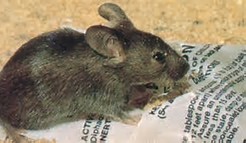Mouse Control - FAQ
How to identify mice
The most common species of mouse that is encountered in both domestic and commercial properties in the UK is the "Mus Domesticus", more commonly known as the House Mouse. The House Mouse is between 60-90mm, excluding the tail and weighs less than 25g. Colour can vary from light brown to grey. Mice breed very rapidly, a sexually mature female can produce between 5-10 litters of between 6-8 young each year.
Signs of a mouse problem
Mice are nocturnal mammals and rarely seen during the day. However there are tell tale signs to look for that indicate that mice are present. One mouse will produce around 80 droppings each day, these may be spotted inside cupboards, along tops, behind fixtures, hidden corners and quiet hidden areas. Mice urinate frequently and a strong ammonia smell may be detected. Grease or smear marks may be noticeable on surfaces, skirting boards and walls. Evidence of chewing may be apparent. Mice will chew and shred materials, not only to locate food but to build their nests. During the night when mice are most active, scratching noises may be heard under floor boards, inside partition walls, basements and lofts. Dusty unused areas of buildings may show signs of foot prints and tail prints.
Why do I have a mouse problem?
Mice will live in any location that provides food, water and shelter. In buildings mice will live anywhere. If you can push a biro (about 7mm) into a gap then a mouse can get in. Once a suitable habitat is located mice will take advantage of the new food supply and will reproduce at a very alarming rate.
How serious is a mouse problem?
Mice are well known to harbour diseases that they transmit through contact of surface. These diseases include Salmonella, Hantavirus and Lyme Disease. Mice have a compulsive need to gnaw in order to keep their incisor teeth worn down. Electrical cables, water and gas pipes and woodwork may all be seriously damaged by mice. The insurance industry have estimated that rodent damage is responsible for a quarter of all electrical fires in buildings. The damage that they create, not only by gnawing but spoiling products with their urine and droppings is tremendous.
Can I resolve a mouse problem myself?
Mice are adaptable, highly mobile and reproduce at a very alarming rate. This combination makes mouse control an extremely difficult task for the untrained individual. Here at Bradford Pest Control our technicians are fully trained and knowledgeable in rodent control and have access to a range of professional use rodenticides which are not available to the general public.
Our mouse control treatment
- Upon making contact with our professional pest control team, an appointment will be made at your convenience to visit your home or business premises.
- Our professional pest control technician will examine your property and identify the problem.
- On completion of the inspection and an assessment of the situation, the technician will recommend the best cause of action for mouse control treatment.
- Our technician will use the best tools and professional use products to resolve the mouse problem safely, ensuring peace of mind for you and your family or business.
- Our professional technician will offer advice and solutions to prevent further infestations from occurring.
Do I need to do anything before treatment?
No, you don't need to do anything at all. Our professional technician will ensure that our service is carried out quickly and safely.
